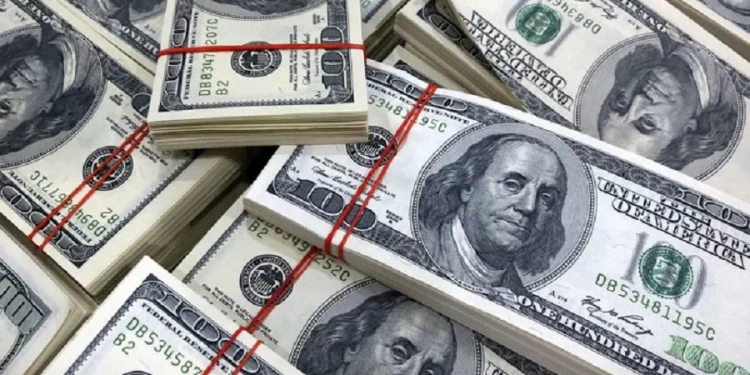Nigeria’s gross foreign reserve increased by 0.117 percent on Monday, August 29, 2022, to stand at $39 billion. The uptick represents an increase of $45 million from the $38.96 billion recorded as of August 26, 2022.
This is according to data from the Central Bank of Nigeria (CBN) on gross foreign reserve movement.
This increase is insignificant as the movement observed in the gross foreign reserve has been largely volatile. Every uptick since the beginning of the months is later offset by a subsequent decline. Comparing the reserve to the value it was at the beginning of August, it declined by $91.6 million (0.2 percent) from the $39.09 billion recorded at the beginning of the month.
Also, the foreign reserve declined year-to-date having contracted by $1.52 billion (3.7 percent). Even though the foreign reserve balance reflects the CBN’s effort in managing its stock of the greenback and preventing a depletion, it also suggests the government’s inability to increase its foreign exchange earnings.
In the June 2022 Nigeria Development Update, the World Bank disclosed that foreign direct investments have been persistently low in 2022, as exchange rate management issues deter investors. The international lender further stated that the FDI inflow has remained at a baseline despite higher oil prices which have historically attracted higher portfolio investment flows into the country.
Nigeria has become less attractive to foreign investors as high-interest rates and a more stable dollar has made the US an abode for astute investors. Rate Captain had previously written about the implication of the strengthening dollar on the Nigerian business environment.
There is an urgency of increasing the foreign reserve base of the country to effectively support the demand for dollars by individuals and businesses.











